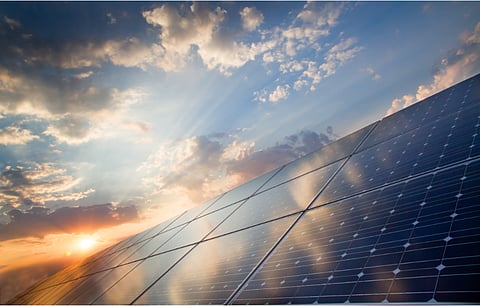

The Ministry of Environmental Protection of Israel has devised a new action plan to expand the country's renewable energy target for the national electricity mix by 2030 to 40%, from the 30% as it stands now. This would include around 20 GW of solar energy and some 5.5 GW/33 GWh per hour energy storage as central to the design. It would save the national economy NIS 6 billion.
Under the present plans approved by the government, Israel targets around 15 GW solar PV capacity to be achieved by 2030 with an interim target to reach 20% renewable energy share by 2025. The 30% by 2030 target is estimated to save it NIS 8 billion annually.
Calling the electricity sector as the main source of GHG emissions in the country at about 42% share, the ministry's action plan recommends utilizing parking lots, building rooftops, water reservoirs, roads and other built-up areas for solar technology to install solar PV applications. This would enable the generation of clean energy without giving up open spaces, while also eliminating the need to build new fossil fuel powered plants.
Having policies in place to develop an energy sector based on the production of distributed solar energy throughout the country will contribute significantly to increasing energy security.
The ministry also wants regulations to encourage renewable energy suppliers to compete directly with conventional sources of energy under a competitive bidding process. It has recommended for the country to have an energy storage target for 2030, aligned with renewable energy targets.
"This change of direction is both environmentally and health-wise and economically correct, and is expected to save billions of shekels for the economy and reduce electricity costs as early as this decade," stated the ministry.
The action plan has been proposed basis internal research and dialogue with various stakeholders. A summary of the recommendations by the ministry, in Hebrew language, is available on the government website.
According to the International Renewable Energy Agency (IRENA), at the end of 2020, Israel's total installed renewable energy capacity was 2.531 GW, with solar PV's share being 2.23 GW.
